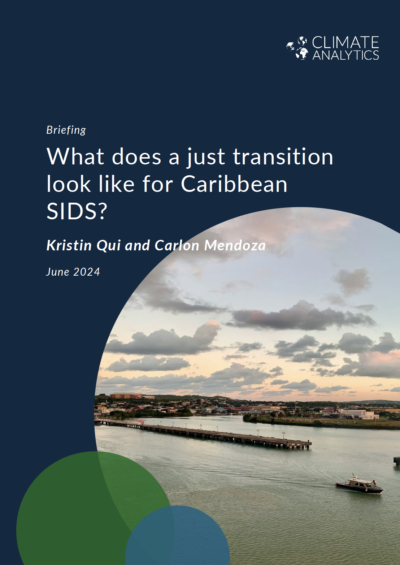Publications
Share

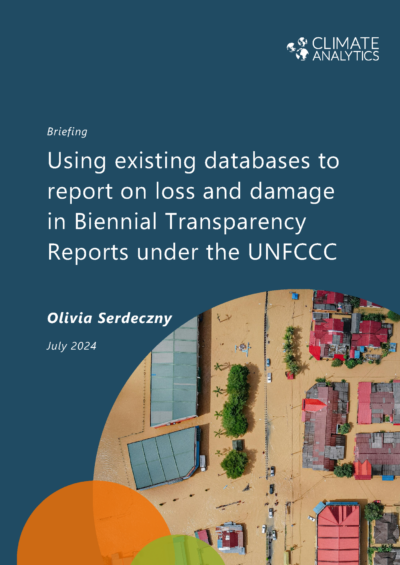
Briefings
Calculating financing needs to respond to loss and damage requires response activities to be costed. However, comprehensive assessments of current and future loss and damage costs are largely unavailable. This briefing proposes using existing databases as proxies in the interim.
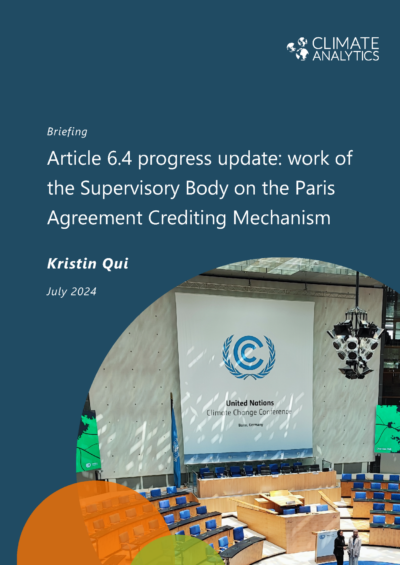
Briefings
Article 6.4 progress update: work of the Supervisory Body on the Paris Agreement Crediting Mechanism
The Article 6.4 mechanism, now known as the Paris Agreement Crediting Mechanism, allows countries to trade reductions in carbon emissions in a manner that goes beyond zero-sum offsetting, to achieve their commitments under the Paris Agreement. This briefing aims to update Small Island Developing States and Least Developed Countries on the standards and procedures that have been adopted by the supervising body (Article 6.4) to inform the design of projects.
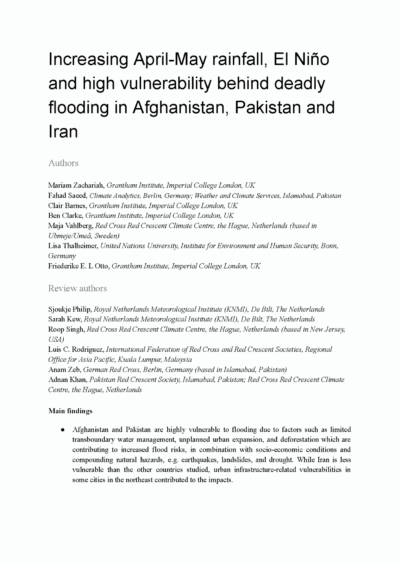
Working Papers
This April and May, large regions of central Asia were hit by a series of storms resulting in heavy downpours and flash flooding. Researchers assessed what extent human-induced climate change altered the likelihood and intensity of the weather conditions that caused the floods.
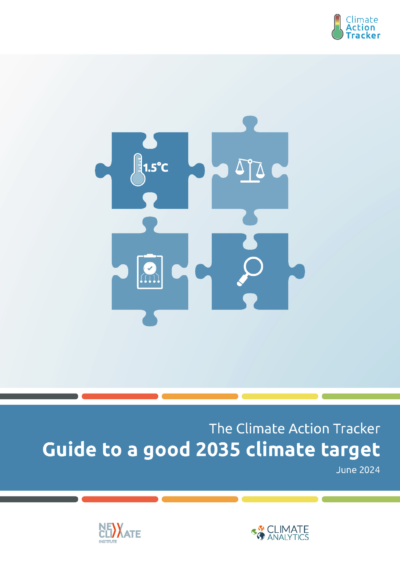
Briefings
In this briefing, the Climate Action Tracker highlights the four key elements needed from the next round of NDCs for 2035: they need to be ambitious, fair, credible, transparent, and include aspects of climate finance and a just and fair transition.
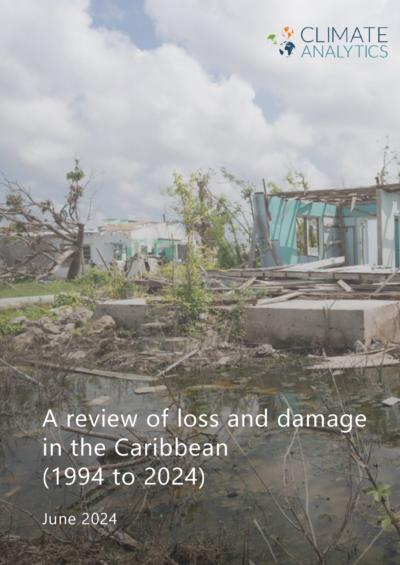
Reports
Loss and damage from climate change has been the lived reality of Caribbean small island developing states (SIDS) for decades. Despite efforts to adapt, it is reversing development gains, leaving lasting financial stress, and causing irreparable damage, including the loss of cultural heritage. This report is the first to provide a systematic overview of how Caribbean countries are framing and reporting on loss and damage.
